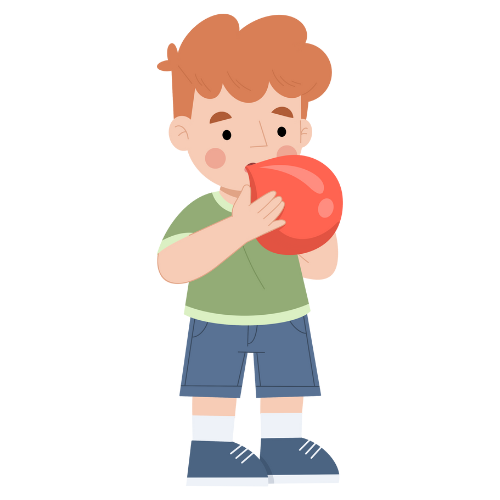
We provide a variety of resources to support tamariki and their whānau through all stages of life. Whether you're looking for information on parenting, whānau wellbeing, or practical resources like budgetting tips and healthy recipes, we have something to help you.
Our resources are developed by experts and are based on best practice principles.


🧡 Little Steps Make a Big Difference. Practising self-regulation helps tamariki feel safe, calm, and confident in their world.

🧡 Little Steps Make a Big Difference. Practising self-regulation helps tamariki feel safe, calm, and confident in their world.

EnergyMate is here to help you make the most of your power and break down everything you need to know about your home energy use

EnergyMate is here to help you make the most of your power and break down everything you need to know about your home energy use

We asked our fantastic team of family/whānau workers for some tips on how to enjoy time with your kids over the festive season

We asked our fantastic team of family/whānau workers for some tips on how to enjoy time with your kids over the festive season
.webp)
These books will help our social workers support parents in their parenting delivery and their child's learning experience
.webp)
These books will help our social workers support parents in their parenting delivery and their child's learning experience
Explore our blog for insightful articles on parenting, whānau wellbeing, and what we've been up to at Anglican Family Care.
.webp)
The Family Start programme offers free, voluntary home visits to support expecting parents and those with pēpi and tamariki (up to 2 years old).
.webp)
Our Home-based Family Support programme provides personalised guidance in your own home, helping you build confidence and nuture the potential of your tamariki.

Provision of care is an aspect of our Dunedin Home-based Family Support service. We aim to provide emergency, short-term, or respite care for children aged from birth to 17 years. Respite care is provided as part of a wider plan of support developed with the family.
.webp)
A community-based justice process that offers victims of a crime the opportunity to address the harm done, and what can be done realistically by the offender to put things right.
Find additional support and information through trusted external websites.
Parenting doesn't have to be a guessing game.
Here's some helpful resources and ideas.

🧡 Little Steps Make a Big Difference. Practising self-regulation helps tamariki feel safe, calm, and confident in their world.

🧡 Little Steps Make a Big Difference. Practising self-regulation helps tamariki feel safe, calm, and confident in their world.

EnergyMate is here to help you make the most of your power and break down everything you need to know about your home energy use

EnergyMate is here to help you make the most of your power and break down everything you need to know about your home energy use

Back to school means back to preparing school lunches every day - find tips for healthy lunchboxes here.

Back to school means back to preparing school lunches every day - find tips for healthy lunchboxes here.
Make lasting memories with free activities, messy play, and book picks.

We asked our fantastic team of family/whānau workers for some tips on how to enjoy time with your kids over the festive season

We asked our fantastic team of family/whānau workers for some tips on how to enjoy time with your kids over the festive season
.webp)
These books will help our social workers support parents in their parenting delivery and their child's learning experience
.webp)
These books will help our social workers support parents in their parenting delivery and their child's learning experience
Hear from our whānau and how we were able to support them.
Download our annual reports to learn about our progress and
accomplishments in fulfilling our mission.